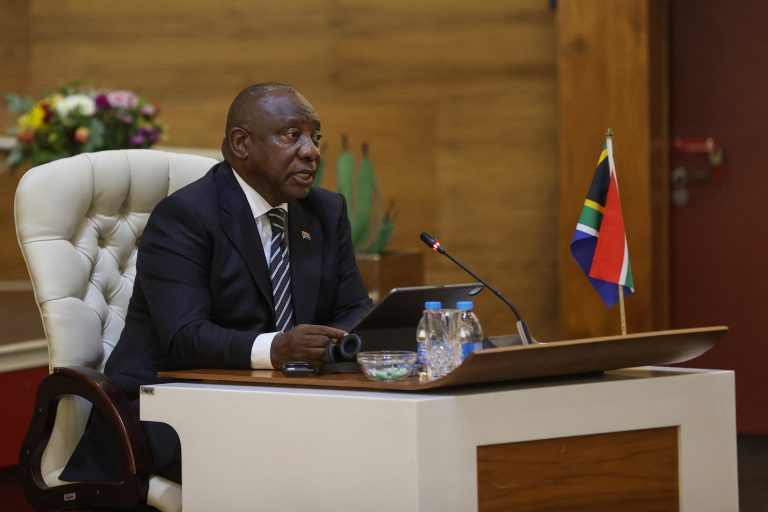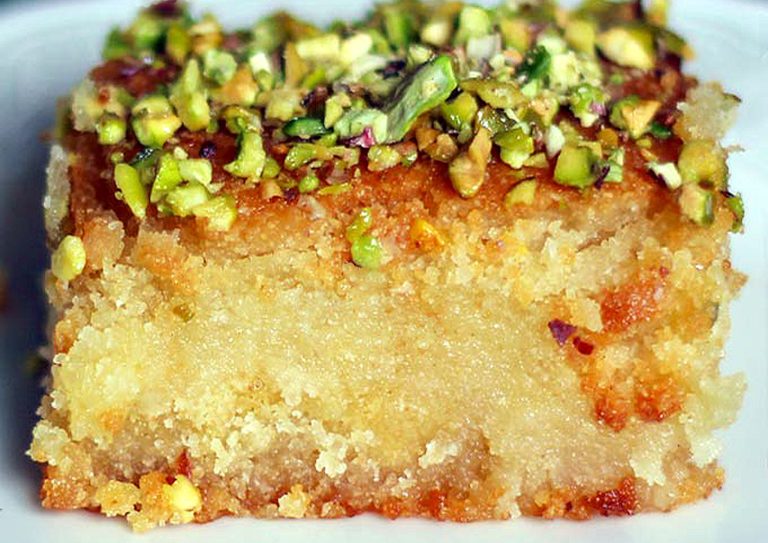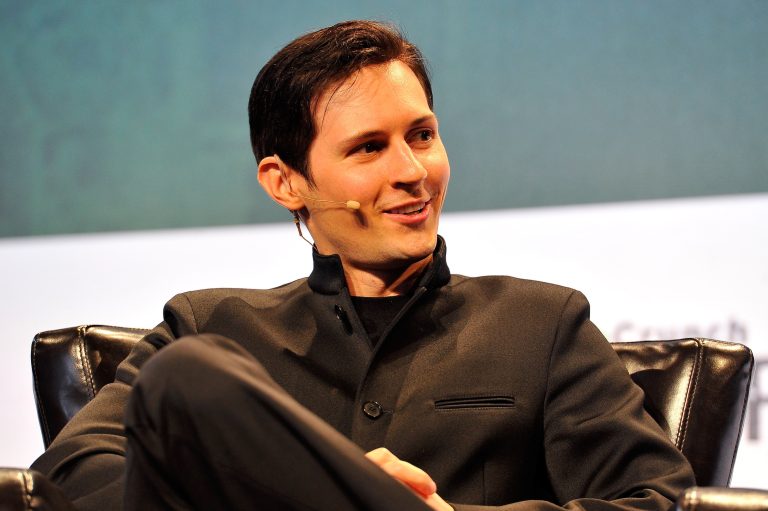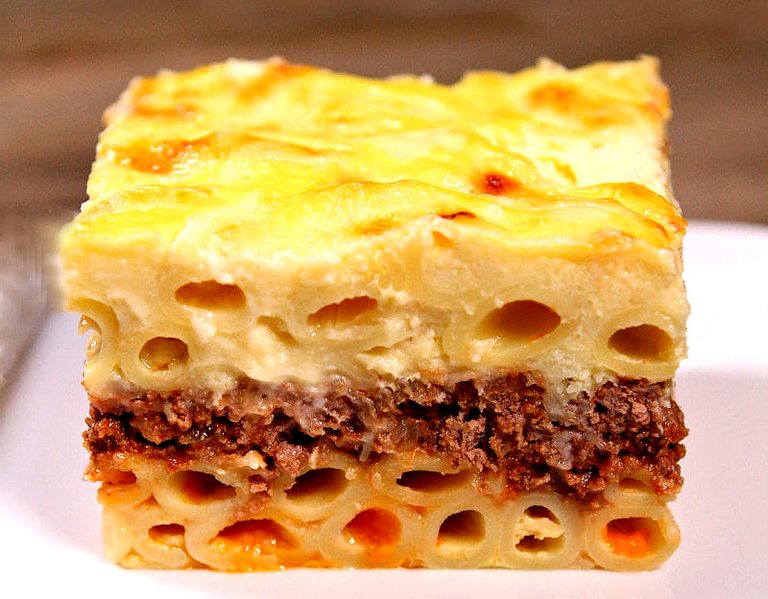On March 7, while speaking in parliament, South Africa’s President Cyril Ramaphosa said NATO is to blame for Russia’s invasion of Ukraine saying that had NATO not expanded eastward the war “could have been avoided.”
“The war could have been avoided if NATO had heeded warnings from amongst its own leaders and officials over the years that its eastward expansion would lead to greater, not less, instability in the region,” Ramaphosa said.
Ramaphosa did speak out against the violence currently unfolding in the region saying he “cannot condone the use of force and violation of international law.”
The South African president claimed he was approached to help mediate the conflict but failed to say exactly who had approached him. Despite his comments, Ramaphosa asserted he would not take sides in the conflict because it would hurt his country’s role as a possible mediator.
“There are those who are insisting that we should take a very adversarial stance against Russia. The approach we are going to take is … insisting there should be dialogue. Screaming and shouting is not going to bring an end to this conflict,” he said.
Success
You are now signed up for our newsletter
Success
Check your email to complete sign up
South Africa was one of 35 countries that abstained from voting on a UN resolution condemning Russia’s invasion while 140 other countries, including the United States, voted to adopt the resolution.
Russia is enjoying the support from a list of countries that were once part of the Soviet Union including Belarus, Armenia, Kazakhstan, and Kyrgyzstan. Cuba, a close ally of the Russians, is also openly supporting the Russian Federation.
READ MORE:
- Russia’s Invasion of Ukraine Sparks Panic Buying of Food in the Middle East
- US-funded Ukraine Biolab Scandal at the Forefront in Deadly Brinkmanship With Russia
- Threat of Global War Looming as NATO Mobilizes After Russia Strikes Ukraine Training Facility
Was Russia’s Invasion provoked?
In a piece published at the end of January, Ted Galen Carpenter, writing for The Guardian argued, “Vladimir Putin bears primary responsibility for this latest development, but Nato’s arrogant, tone‐deaf policy toward Russia over the past quarter‐century deserves a large share as well.”
In his book, Beyond Nato: Staying Out of Europe’s Wars Carpenter asserted that continued NATO expansion “would constitute a needless provocation of Russia.”
He argues that Russian provocation began in 1998 when the U.S. senate approved adding Poland, the Czech Republic and Hungary to the North Atlantic Treaty.
George Kennan, considered the intellectual father of America’s containment policy during the cold war, said in a May 1998 New York Times interview concerning NATO’s early expansion, “I think the Russians will gradually react quite adversely and it will affect their policies. I think it is a tragic mistake. There was no reason for this whatsoever. No one was threatening anybody else.”
Strobe Talbot, who once served as a deputy secretary of state for the U.S. and is currently an American foreign policy analyst focused on Russia, described the Russian attitude at the time saying, “Many Russians see NATO as a vestige of the cold war, inherently directed against their country. They point out that they have disbanded the Warsaw Pact, their military alliance, and ask why the west should not do the same.”
Madeleine Albright, President Clinton’s then secretary of state, conceded at the time that “[Russian president Boris] Yeltsin and his countrymen were strongly opposed to enlargement, seeing it as a strategy for exploiting their vulnerability and moving Europe’s dividing line to the east, leaving them isolated.”
NATO presence in Europe escalating
Over the past two months, the U.S. presence in Europe has ballooned from approximately 80,000 troops to around 100,000 which is close to the levels seen in 1997 when the U.S. and its NATO allies began an expansion of the alliance, an expansion that Russian President Vladimir Putin says threatens Russia.
On Thursday, NATO Secretary General, Jens Stoltenberg, described the build up as NATO’s “immediate response sending a clear message to Moscow that an attack on one ally will trigger a response from the whole alliance.”
“Deterrence of defence is not about provoking a conflict but prevents a conflict. It’s about preserving peace,” Stoltenberg said, adding that NATO has increased its support for Ukraine by supplying lethal arms “critical for the Ukrainian force to mobilise against the invading Russian forces.”
Stoltenberg argued that the Ukrainian army is “much stronger” than it was in 2014 when NATO began training local Ukrainian troops. “[The] support we have been giving them for many years has proven to be extremely important,” he said.







